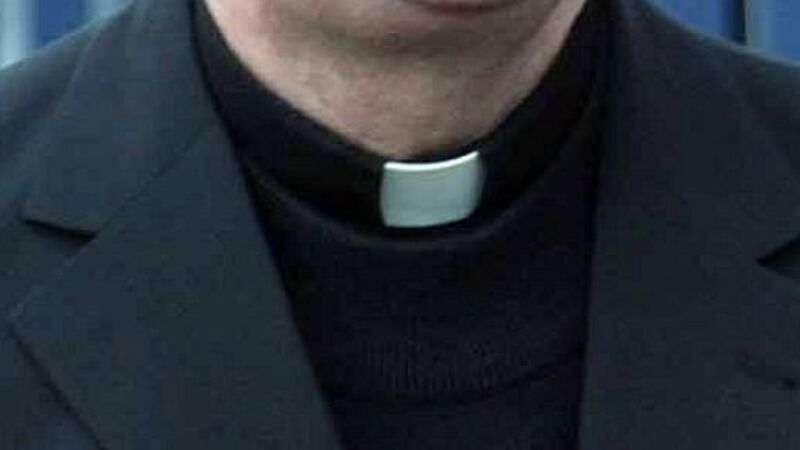‘Dumbed down’ baptism criticised

A trial of the new wording, aimed at making it easier to understand, will last in parishes until Easter.
Former bishop of Rochester Michael Nazir-Ali, writing in The Mail on Sunday, branded it as part of the “constant dumbing down of Christian teaching” rather than making an effort to explain the meaning of baptism.














